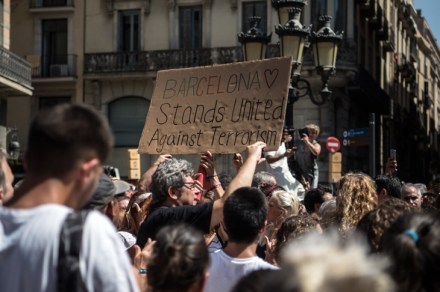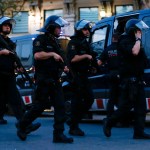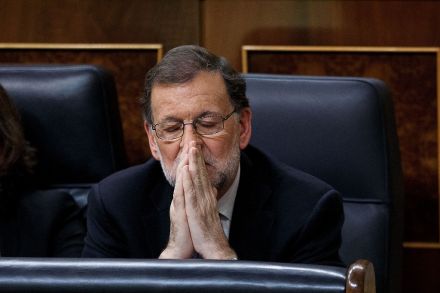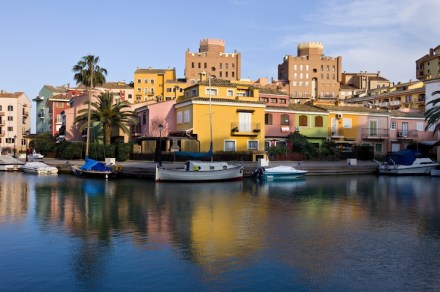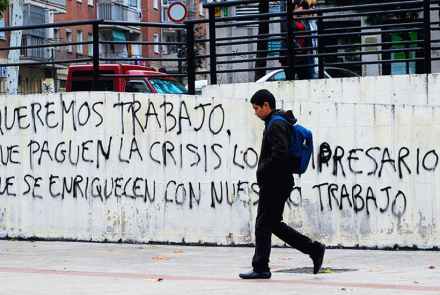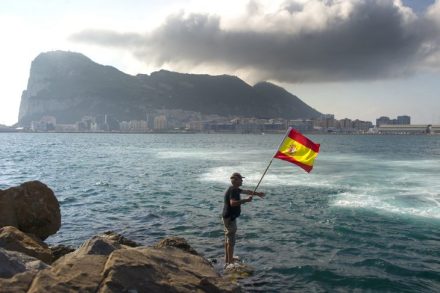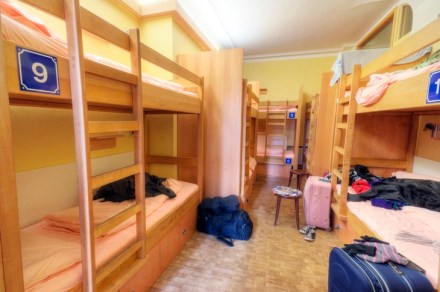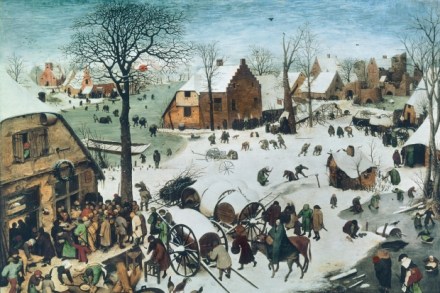Spain has turned an internal dispute into an international incident
How do you make the world sympathise with lawbreakers and subversives? Act the way the Spanish government has over the referendum in Catalonia. In sending in the police, nightsticks-a-swinging, Madrid has supplied a textbook example of how not to deal with secessionists. The scenes in the Spanish region are horrific, both in their violence and their contempt for democracy. Madrid has the law on its side but constitutional provisions fade limply when set against images of bloodied grandmothers. Catalan separation has never had a stroke of luck as fortuitous as this brute overreaction. The current impasse is not the first between Madrid and the pro-independence forces of Barcelona. Catalan politics





